Intellectual disability
Recent articles
Impaired molecular ‘chaperone’ accompanies multiple brain changes, conditions
Rare genetic variants in a protein-folding complex contribute to a spectrum of phenotypes that encompass brain malformations, intellectual disability, autism and seizures, according to a new “hallmark” study.
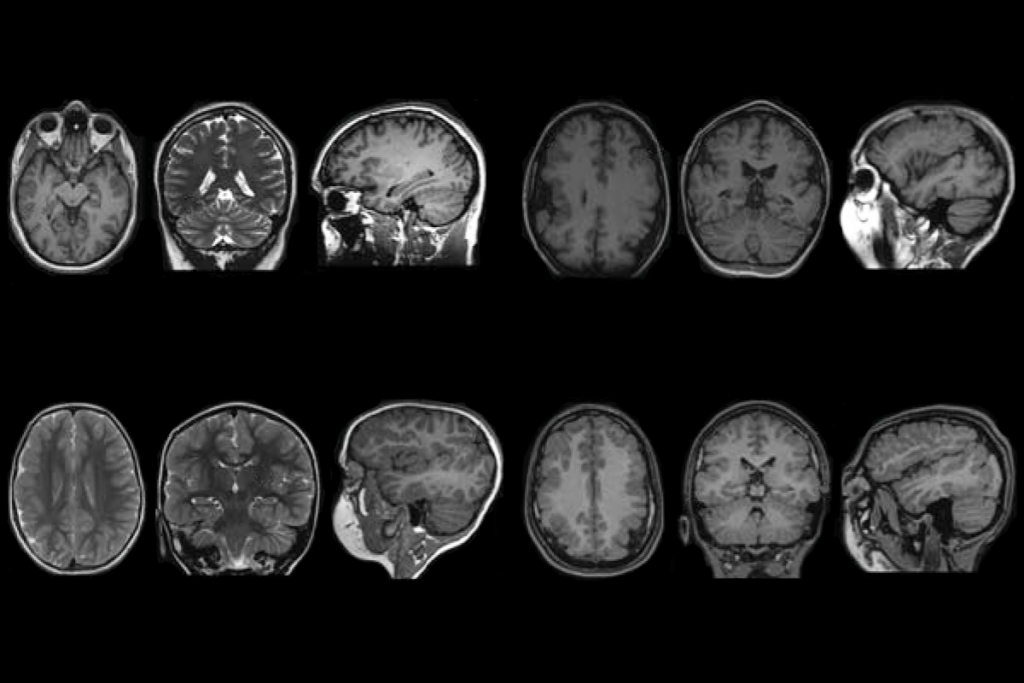
Impaired molecular ‘chaperone’ accompanies multiple brain changes, conditions
Rare genetic variants in a protein-folding complex contribute to a spectrum of phenotypes that encompass brain malformations, intellectual disability, autism and seizures, according to a new “hallmark” study.
New catalog charts familial ties from autism to 90 other conditions
The research tool reveals associations stretching across three generations.
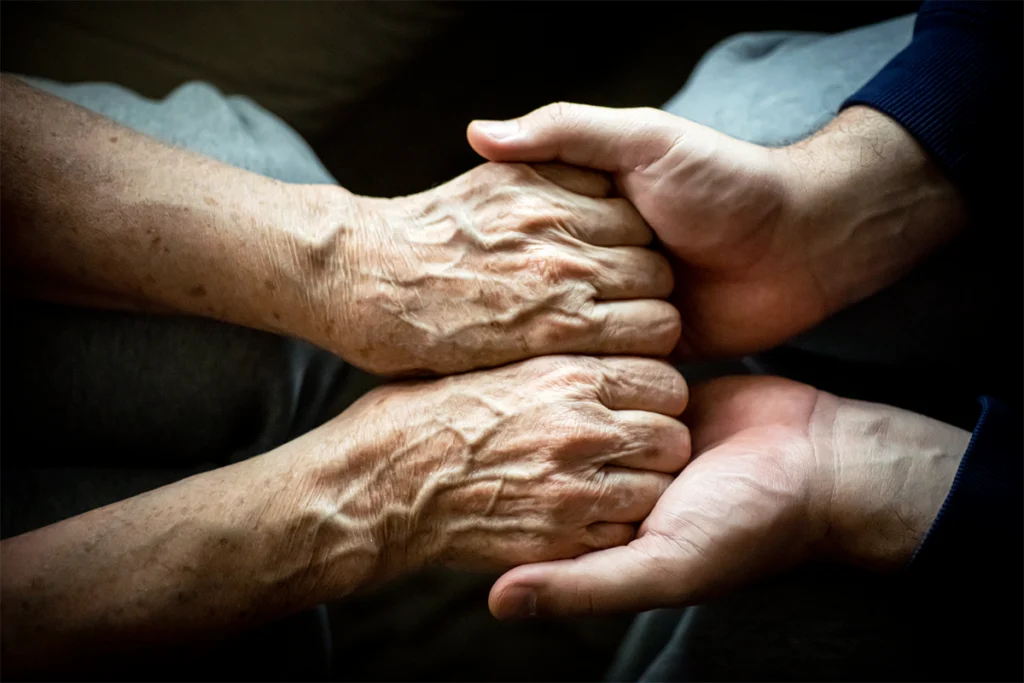
New catalog charts familial ties from autism to 90 other conditions
The research tool reveals associations stretching across three generations.
A genetics-first clinic for catching developmental conditions early: Q&A with Jacob Vorstman
A new clinic is assessing children who have a genetic predisposition for autism and other neurodevelopmental conditions—sometimes before traits appear.

A genetics-first clinic for catching developmental conditions early: Q&A with Jacob Vorstman
A new clinic is assessing children who have a genetic predisposition for autism and other neurodevelopmental conditions—sometimes before traits appear.
Pinning down ‘profound autism’ for reliable research: Q&A with Matthew Siegel
A clear and actionable definition for the term could enhance research and improve care, Matthew Siegel says.

Pinning down ‘profound autism’ for reliable research: Q&A with Matthew Siegel
A clear and actionable definition for the term could enhance research and improve care, Matthew Siegel says.
Autism-linked perturbations converge on cell skeleton and RNA-binding proteins
The findings solidify the idea that autism-linked mutations affect brain activity by way of several key shared mechanisms.
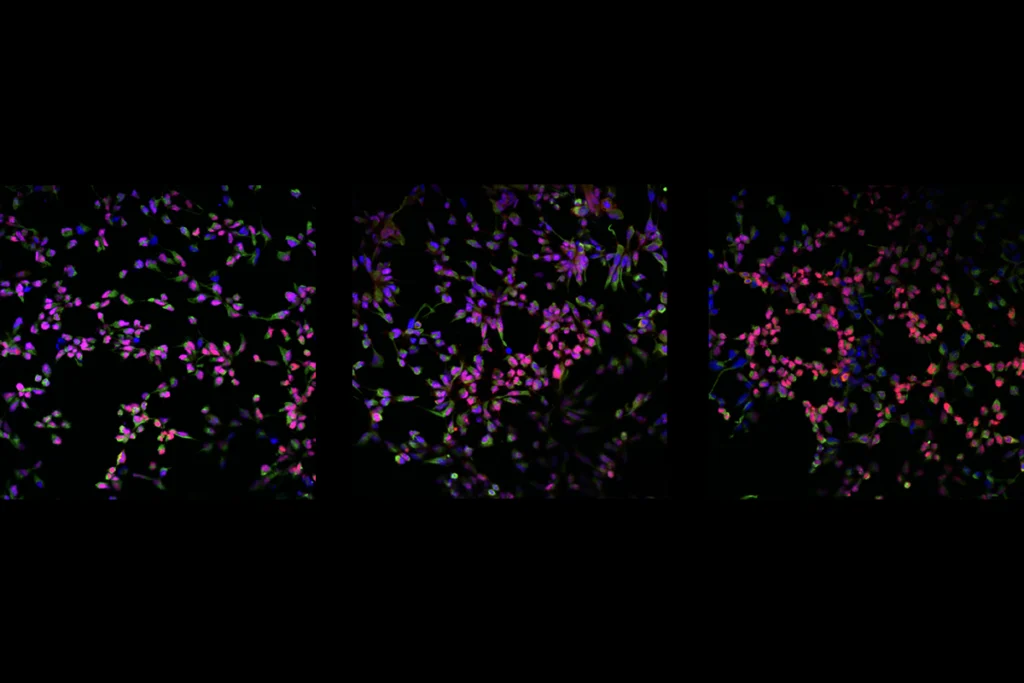
Autism-linked perturbations converge on cell skeleton and RNA-binding proteins
The findings solidify the idea that autism-linked mutations affect brain activity by way of several key shared mechanisms.
SYNGAP1 findings illuminate links between mutations, intellectual disability
New mouse models join several studies that could point to novel therapeutic approaches.
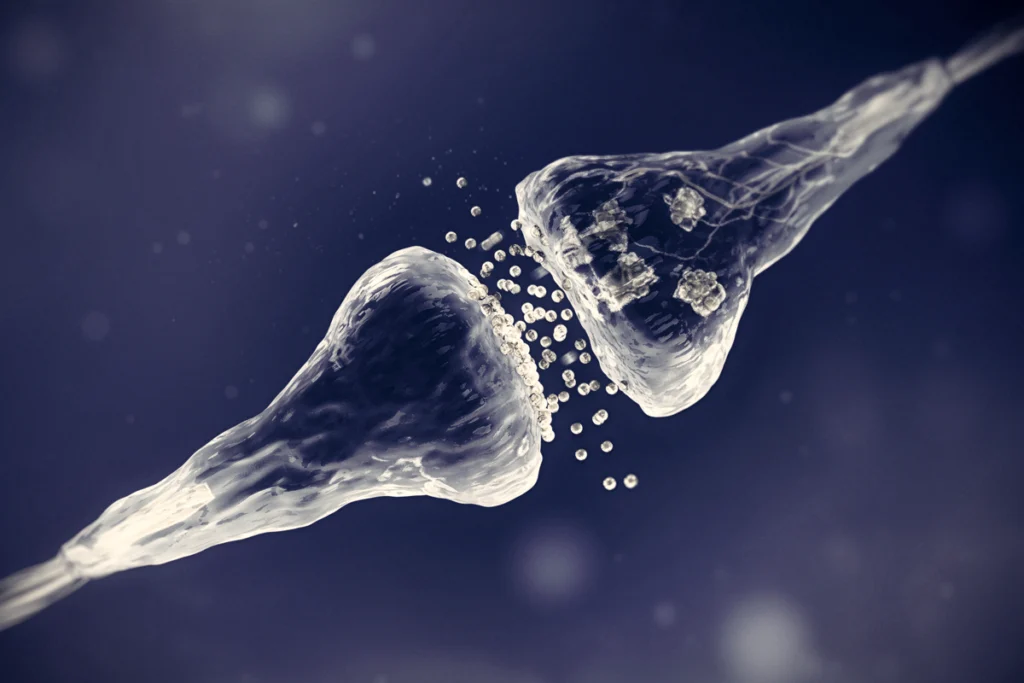
SYNGAP1 findings illuminate links between mutations, intellectual disability
New mouse models join several studies that could point to novel therapeutic approaches.
Autism research hits the road
Some scientists are thinking creatively about how to collect data in flexible environments and meet communities where they’re at.
Autism research hits the road
Some scientists are thinking creatively about how to collect data in flexible environments and meet communities where they’re at.
Journal club: Why do some children lose their autism diagnosis?
More than one-third of a cohort of autistic toddlers no longer meet criteria for the condition at school age, according to a new study, but the findings may not generalize because the cohort is predominantly white and affluent.
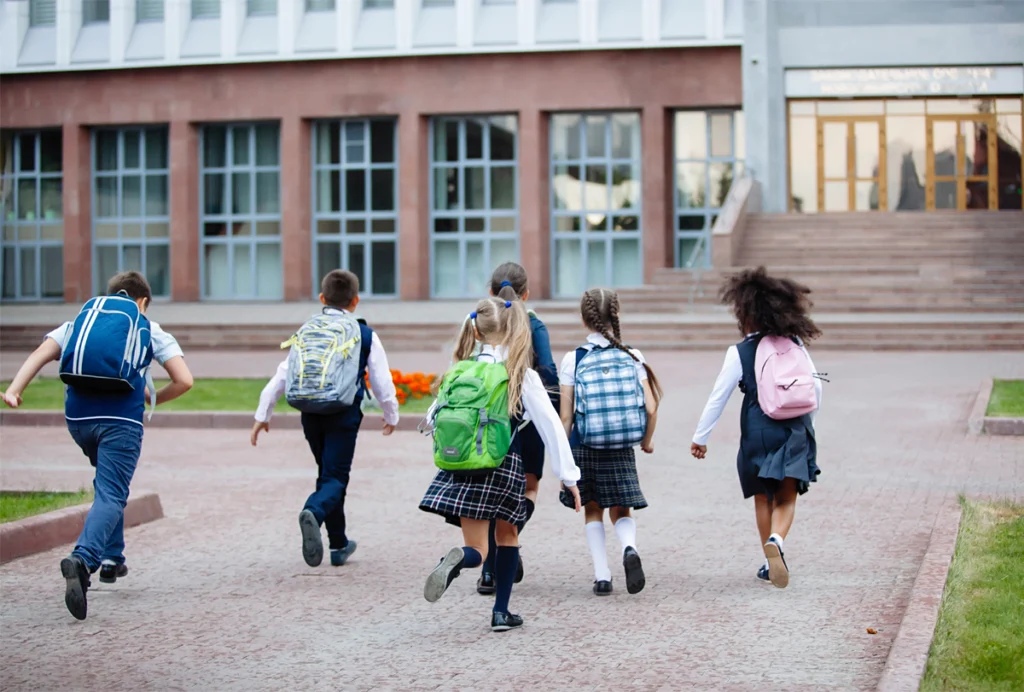
Journal club: Why do some children lose their autism diagnosis?
More than one-third of a cohort of autistic toddlers no longer meet criteria for the condition at school age, according to a new study, but the findings may not generalize because the cohort is predominantly white and affluent.
‘Emergent and transactional’: How Jonathan Green is rethinking autism and interventions
The experienced clinician discusses writing his recent paper, and its reception in the field.
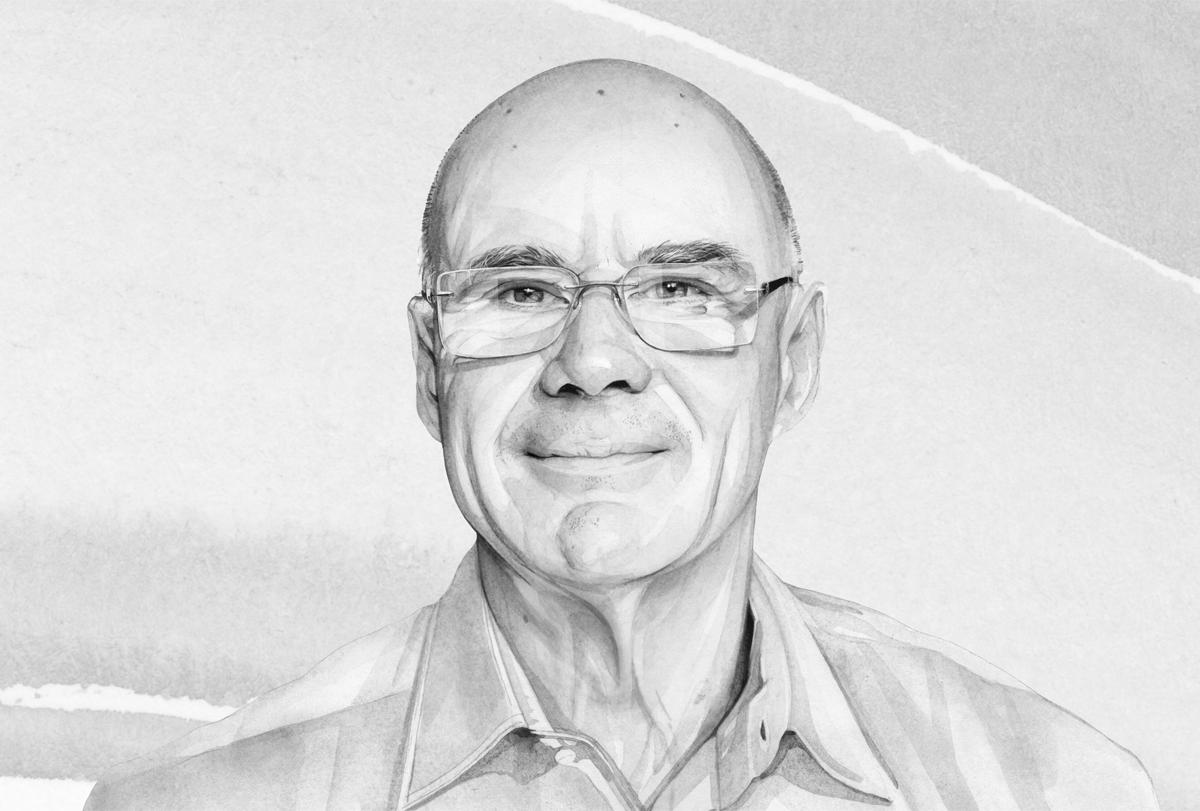
‘Emergent and transactional’: How Jonathan Green is rethinking autism and interventions
The experienced clinician discusses writing his recent paper, and its reception in the field.
Some who lack autism diagnosis carry variants tied to the condition
The variants are associated with slight differences in measures of intelligence, income and employment, but the relationship may not be causal.

Some who lack autism diagnosis carry variants tied to the condition
The variants are associated with slight differences in measures of intelligence, income and employment, but the relationship may not be causal.
Explore more from The Transmitter
The last two-author neuroscience paper?
Author lists on papers have ballooned, and it’s getting hard to discern contribution.
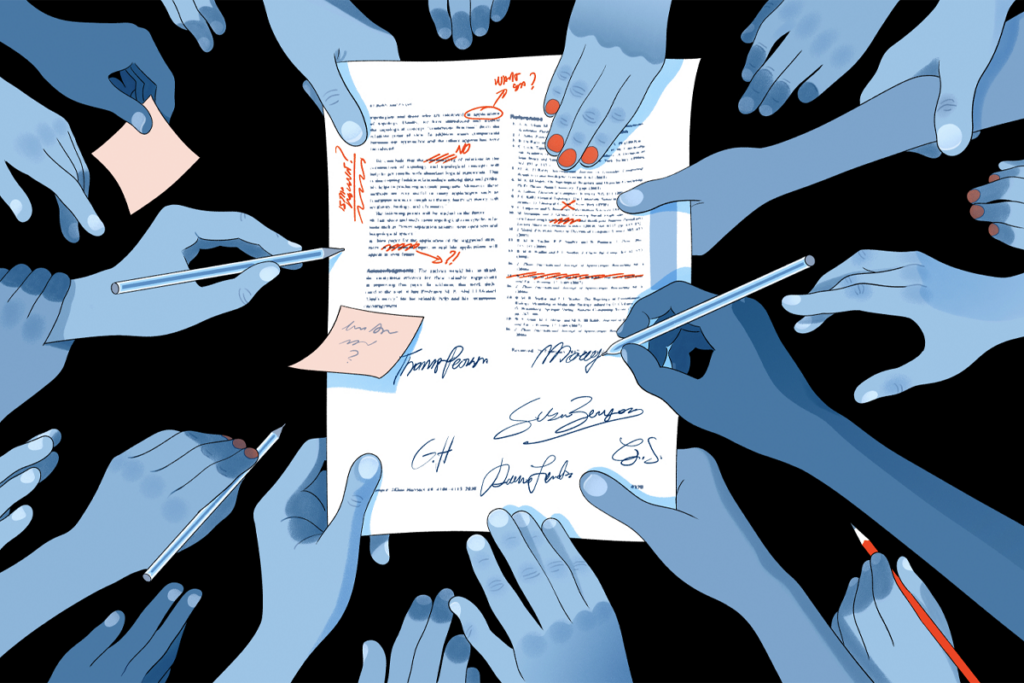
The last two-author neuroscience paper?
Author lists on papers have ballooned, and it’s getting hard to discern contribution.
Attention and IQ link; AUTS2-related syndrome; Glyx-13 for fragile X
Here is a roundup of autism-related news and research spotted around the web for the week of 24 February.

Attention and IQ link; AUTS2-related syndrome; Glyx-13 for fragile X
Here is a roundup of autism-related news and research spotted around the web for the week of 24 February.
Adapt or die: Safeguarding the future of diversity and inclusion funding in neuroscience
As diversity and inclusion funding initiatives crumble, we as neuroscientists need to change how we write grants, better communicate the economic benefits of our work and engage in constructive conflict when necessary.
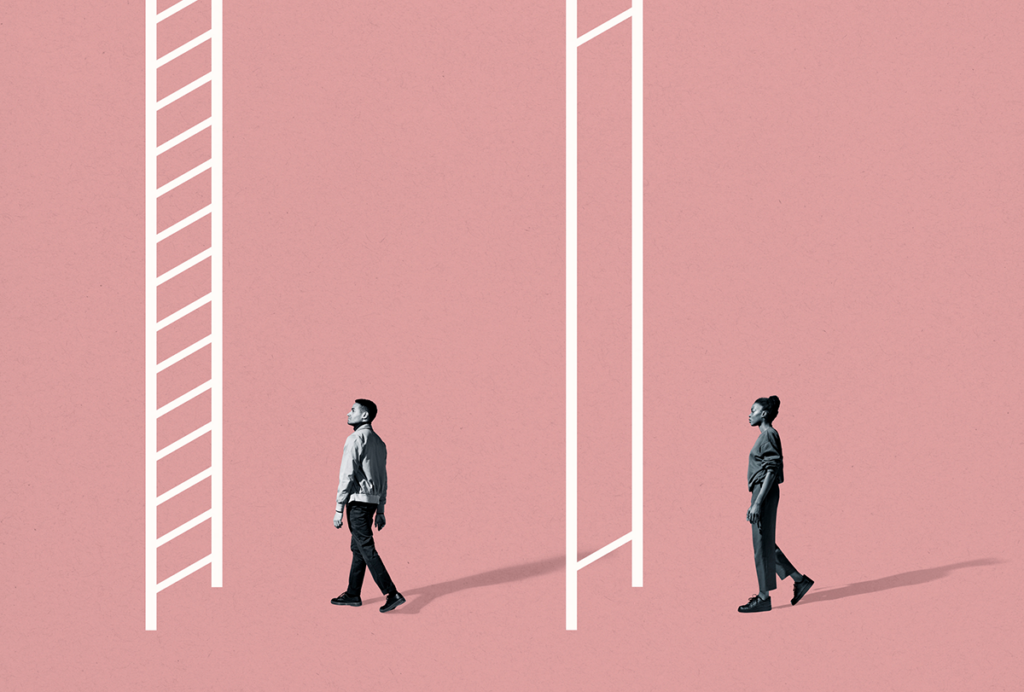
Adapt or die: Safeguarding the future of diversity and inclusion funding in neuroscience
As diversity and inclusion funding initiatives crumble, we as neuroscientists need to change how we write grants, better communicate the economic benefits of our work and engage in constructive conflict when necessary.